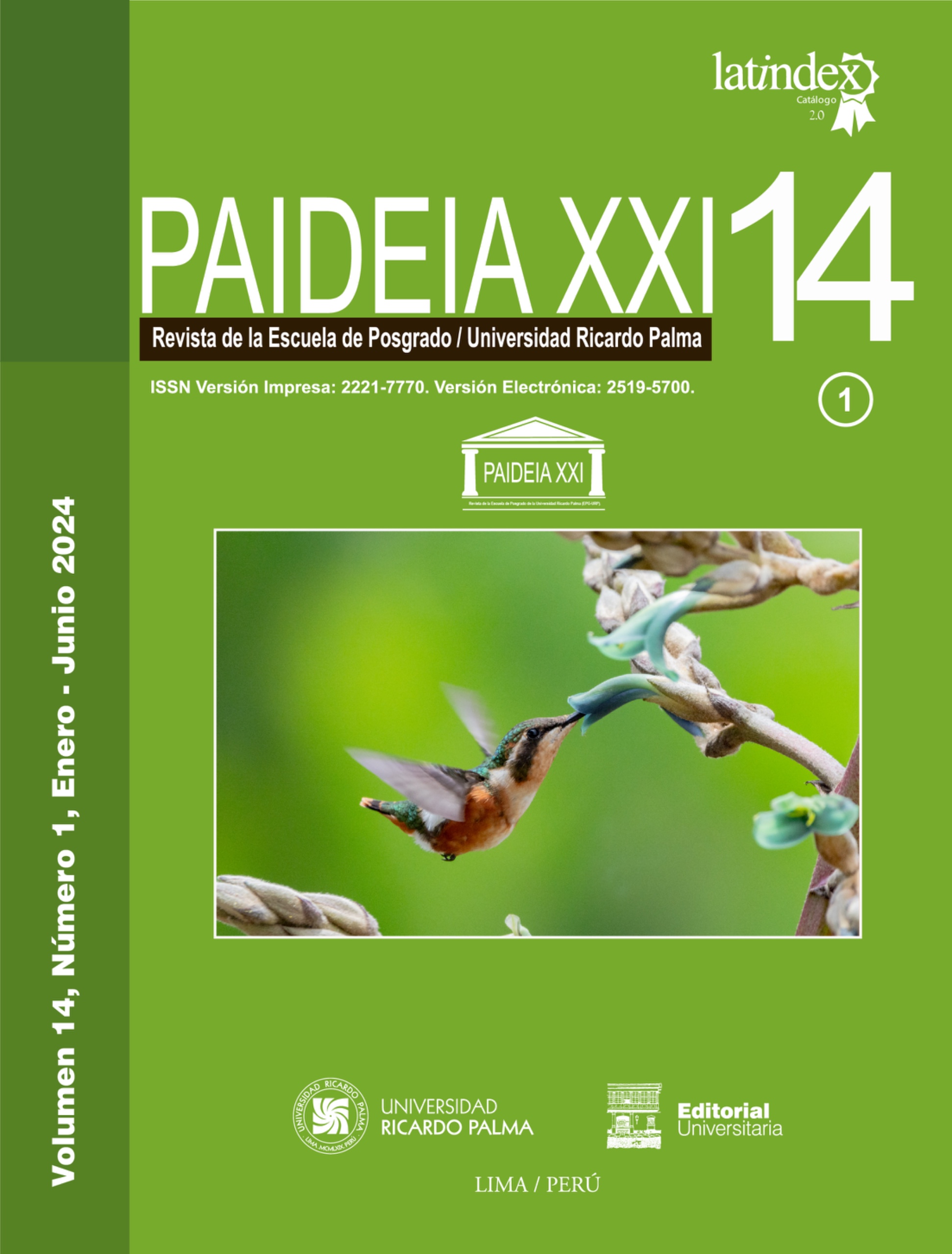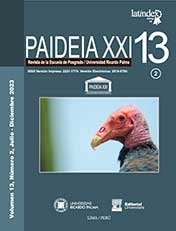Effect of chitosan extracted from Romaleon setosum (Decapoda: Cancridae) on the germination and development of Solanum lycopersicum (Solanales: Solanaceae) seedlings
DOI:
https://doi.org/10.31381/paideiaxxi.v14i1.6260Keywords:
biostimulant, degree of deacetylation, growth, tomatoAbstract
Currently, the use of agrochemicals is necessary for the production of foodstuffs of agroindustrial interest such as tomato (Solanum lycopersicum L.). These are applied mainly as growth stimulants for the crop; however, they also bring with them problems that affect the environment and human health, so better alternatives are being sought to reduce their use; in view of this, chitosan is presented as an option for plant biostimulants. The objective of this research was to study the effect of chitosan extracted from the shell of Romaleon setosum (Molina, 1782) or "hairy crab" on the germination and development of S. lycopersicum seedlings. The extracted chitosan was applied to tomato seeds at concentrations of 1000, 2000 and 3000 mg/l, and germination percentage was evaluated after 10 days and growth indicators every seven days over a three-week period. The results showed that the seeds treated with chitosan had a stimulating effect on the indicators of fresh biomass and dry biomass, and especially on radicle length, but not on seed germination or stem length. Of the concentrations applied, 1000 mg/L showed the best results in the indicators evaluated.












